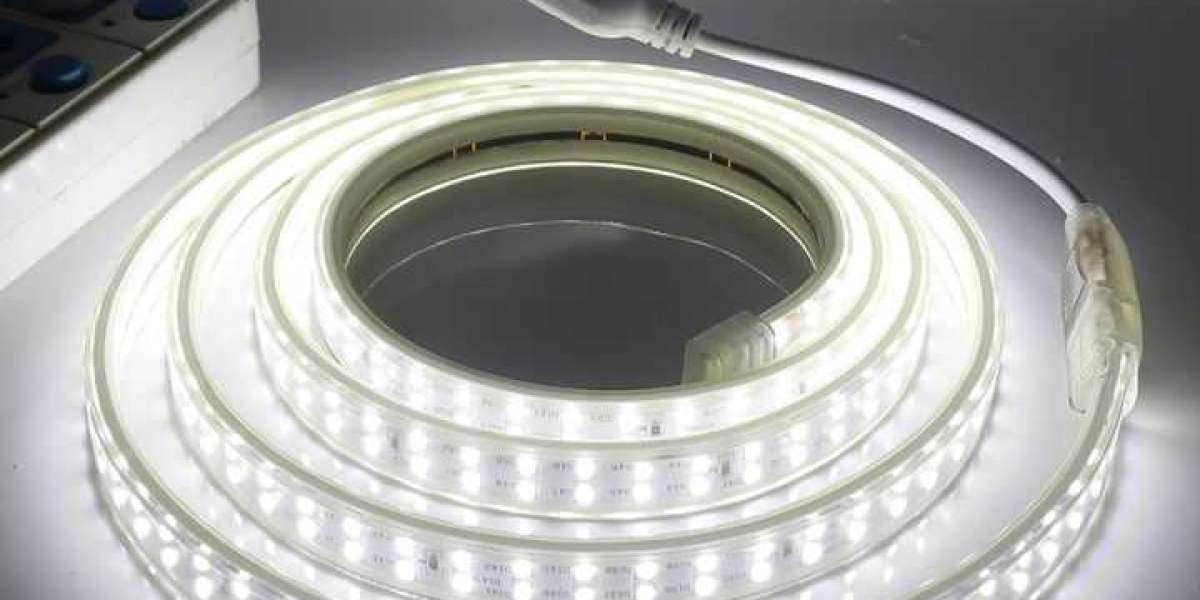
Read more: How To Reset Govee Lights
Understanding the Circadian Rhythm
Our bodies have evolved over thousands of years to respond to the stimuli of sunlight during the day and darkness at night. This responsiveness to natural light is known as the circadian rhythm, a 24-hour biological cycle that affects various aspects of our well-being. Light reception, temperature, and other stimuli impact our circadian rhythm.
Research has shown that light reception directly influences our mood, energy levels, sleep, digestion, and even cell renewal. Adequate lighting has a positive effect on our overall well-being, while poor lighting can contribute to depression and other deficiencies in the body. The amount and type of lighting can significantly impact our concentration, appetite, and various aspects of our daily lives.
The Role of Artificial Lighting
In today's world, where we spend a significant amount of time indoors, it becomes essential to find ways to promote a healthy circadian rhythm despite the abundance of artificial light. Architects and designers can play a crucial role in creating spaces that support our natural internal clock.
Imitating Natural Light Cycles
Researchers suggest imitating the natural daylight cycles with artificial lights to maintain a healthy circadian rhythm. Brighter and stronger lights are recommended during the morning and daytime, while dimmer lights are encouraged during the evening and nighttime. This approach helps to avoid confusing our internal clock, maintains a consistent sleep schedule, and ensures optimal energy levels throughout the day.
The Importance of Color Temperature
The color temperature of light also impacts our mood and productivity. Warm lights with lower color temperatures create a cozy and relaxing ambiance, while cooler lights with higher color temperatures make us feel more alert and focused. Blue light, in particular, reduces the sleep-related hormone melatonin, making us feel more awake. However, excessive exposure to blue light, such as from computer and mobile screens, can negatively affect our sleep quality.
Read more: The Advantages of LED Lights for the Environment
Creating the Right Atmosphere
It's essential to consider the desired atmosphere when choosing lighting for different spaces. Warm and dim lighting can create a serene environment perfect for a restaurant, bedroom, or relaxation area. On the other hand, brighter and cooler lighting is suitable for environments that require concentration and productivity, such as meeting rooms or industrial kitchens.
Harnessing the Power of Natural Light
Where possible, taking advantage of natural sunlight during the day can have a positive impact on our well-being. Avoiding direct exposure to cold or blue light at bedtime can also improve sleep quality. While it may be challenging to control the lighting in all the environments we encounter, being aware of its impact on our bodies can help us make informed choices for our well-being and productivity.
Frequently Asked Questions
1. Can poor lighting affect our mood?
Yes, poor lighting can contribute to feelings of depression and other deficiencies in the body. It can also impact our energy levels and overall well-being.
2. How can architects use lighting to promote a healthy circadian rhythm?
Architects can imitate natural daylight cycles with artificial lights, using brighter and stronger lights during the day and dimmer lights at night. This helps maintain a healthy circadian rhythm and enhances sleep quality.
3. How does the color temperature of light affect us?
The color temperature of light plays a significant role in our mood and productivity. Warmer lights create a cozy and relaxing atmosphere, while cooler lights make us feel more alert and focused.
4. What is the impact of natural light on our well-being?
Natural light can improve our mood, energy levels, and overall well-being. It is beneficial to spend time in spaces with ample natural sunlight whenever possible.
5. How can we avoid the negative effects of excessive blue light exposure?
Avoiding direct exposure to blue light, especially before bedtime, can help improve sleep quality. Minimizing screen time on computers and mobile devices in the evening is recommended.
By understanding and harnessing the power of lighting, we can create environments that promote well-being, productivity, and a healthy circadian rhythm. So, next time you consider the lighting in your space, remember its impact on your mood and overall quality of life.
Read more: LED Light Blinking Fast? How and Why Turn Signals Blink Fast After Installing LED Lights








